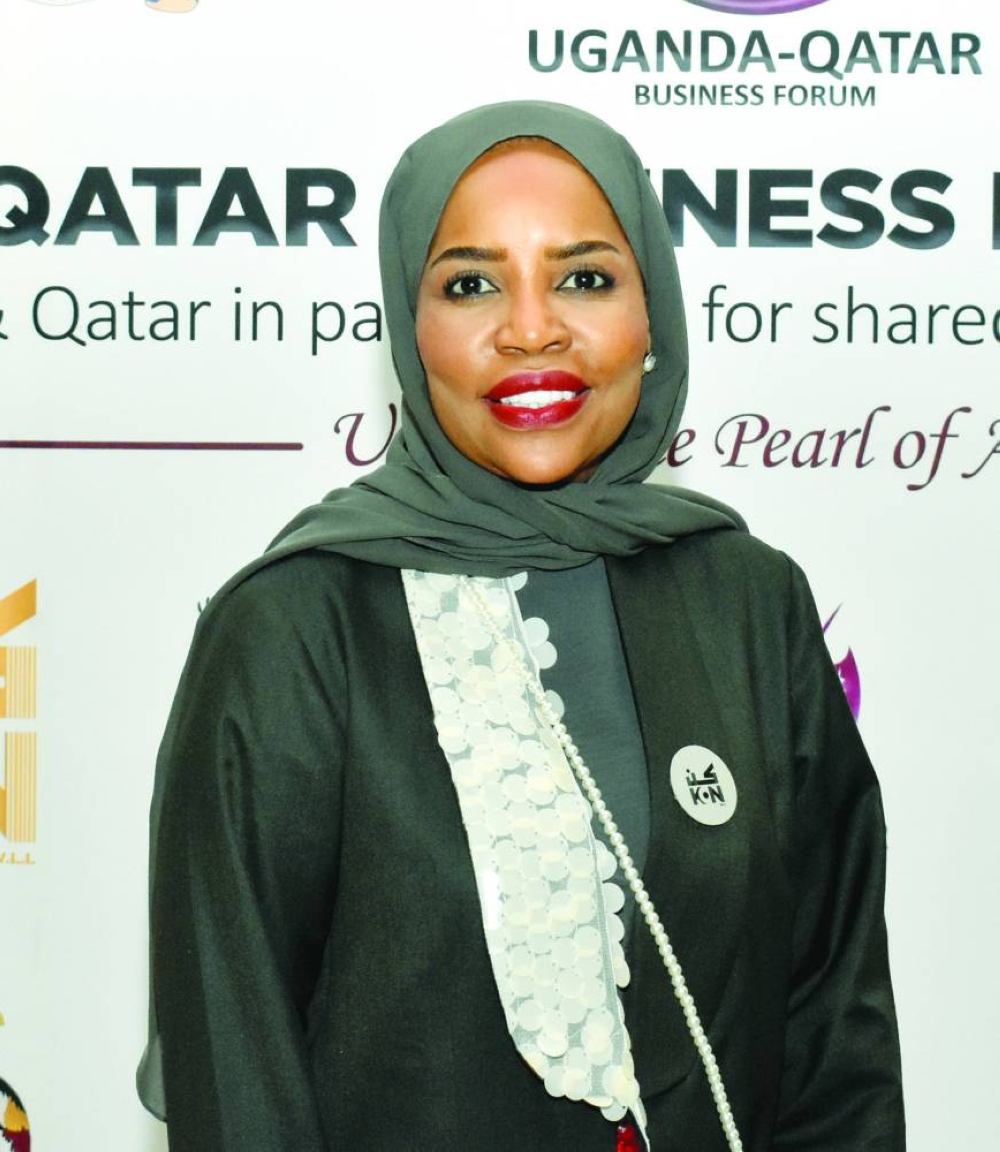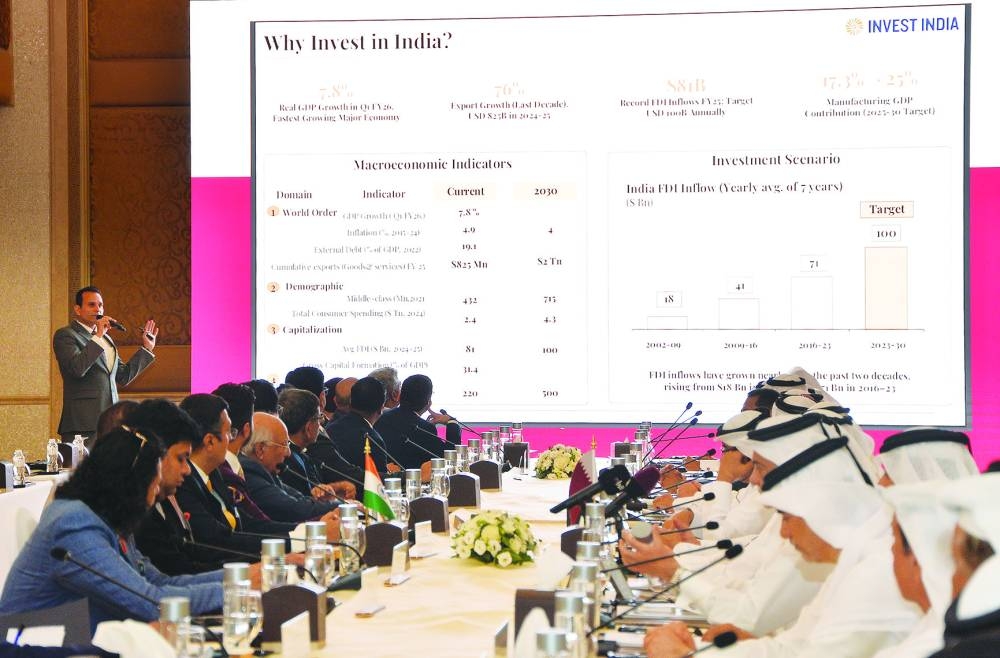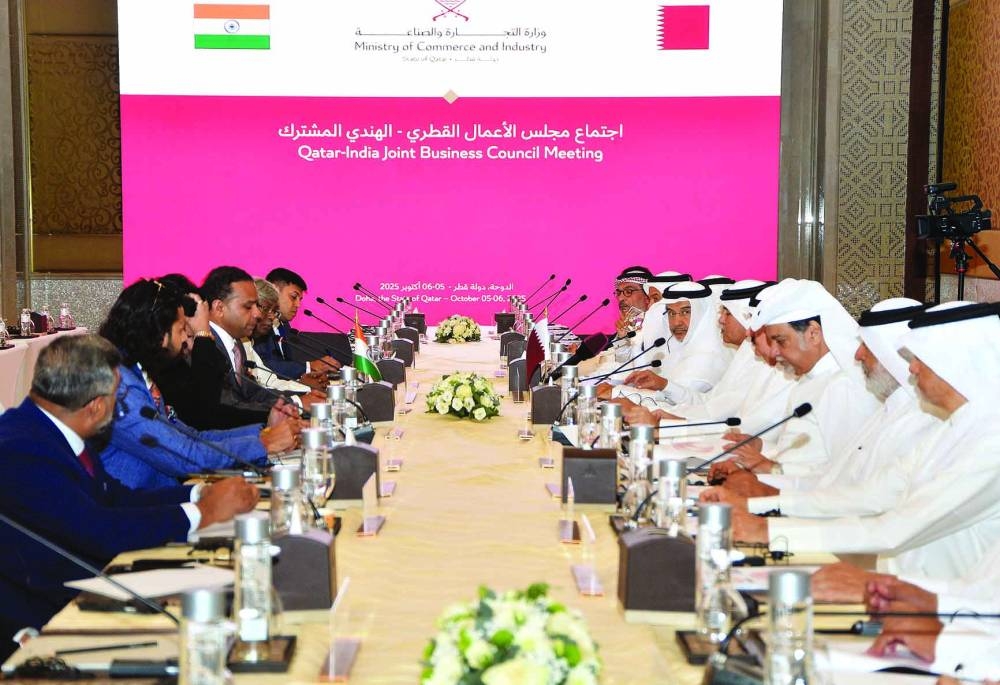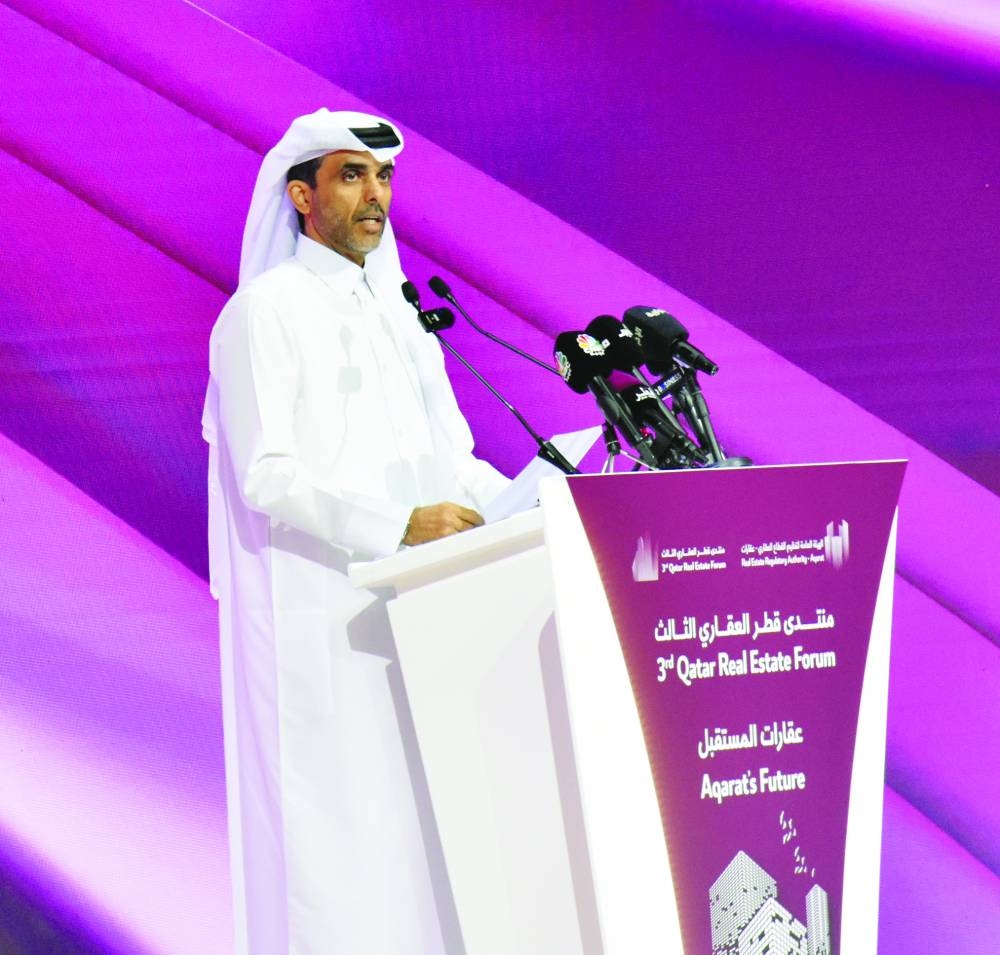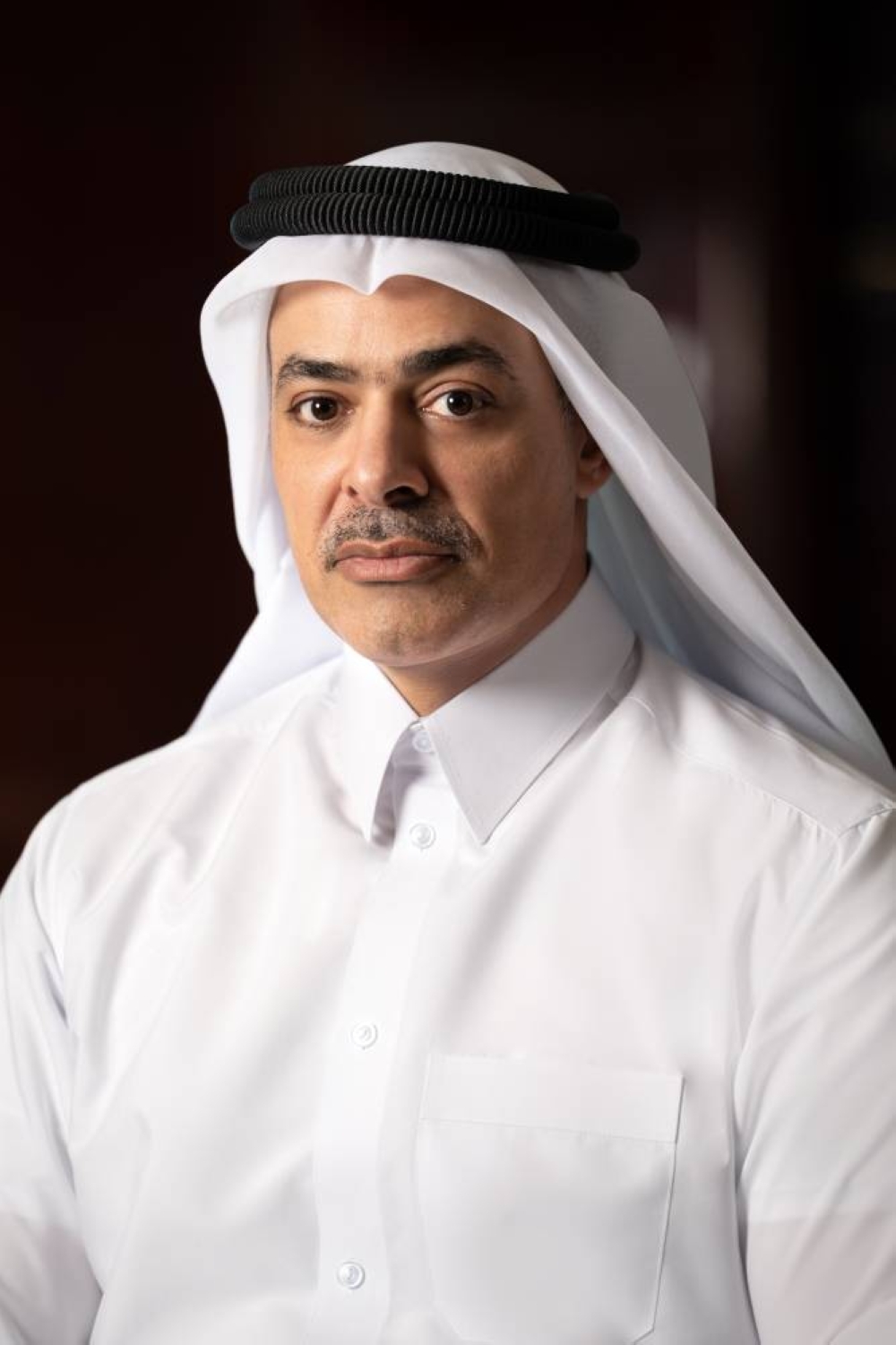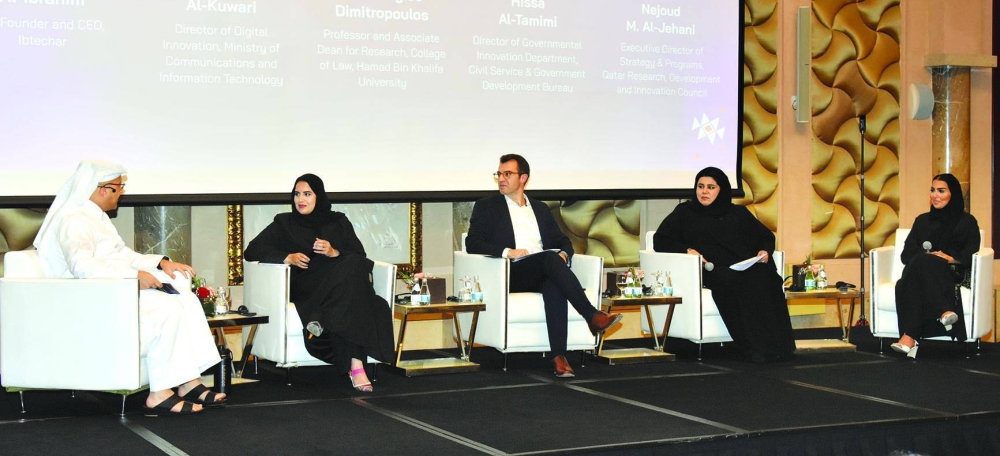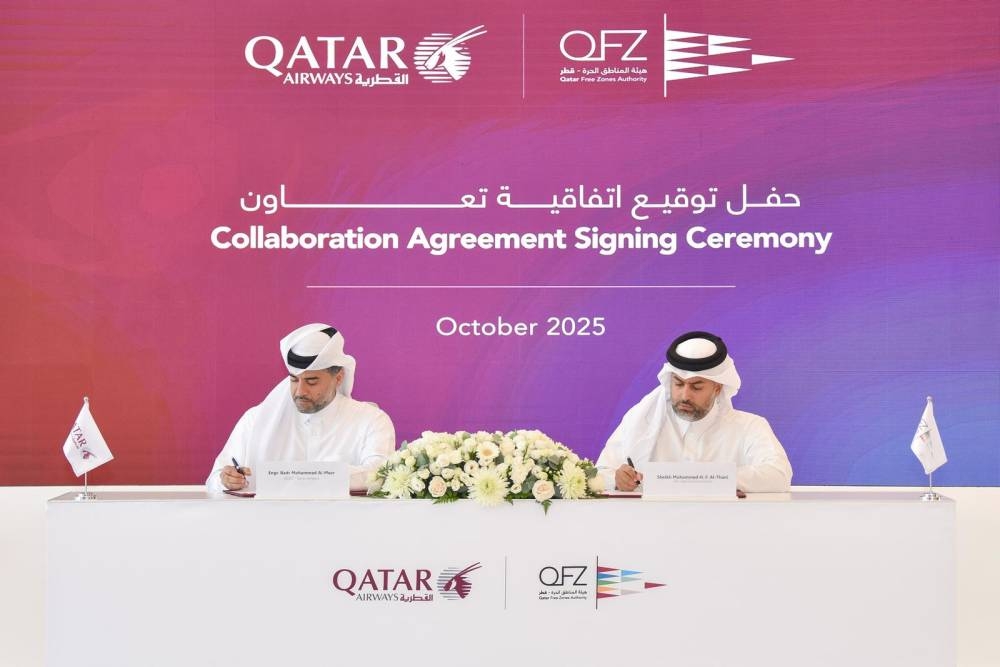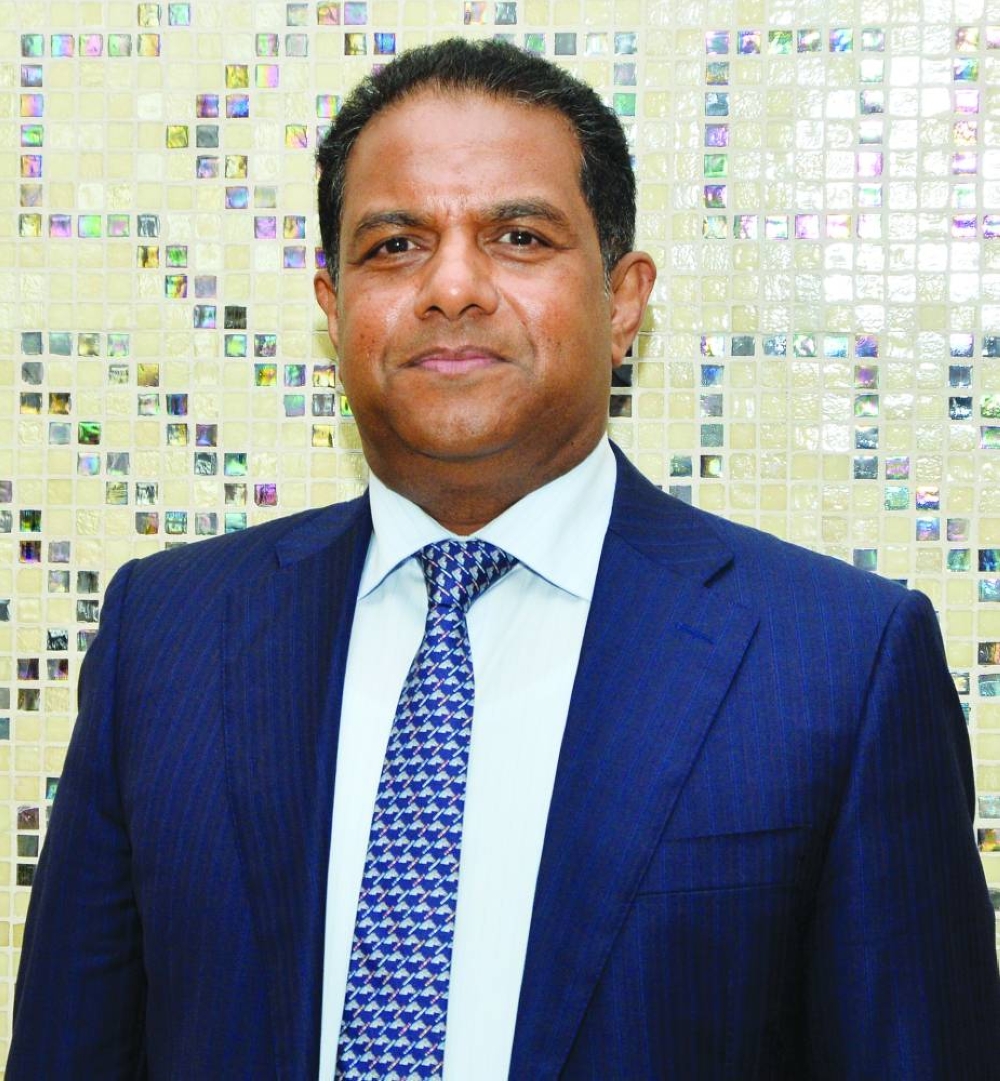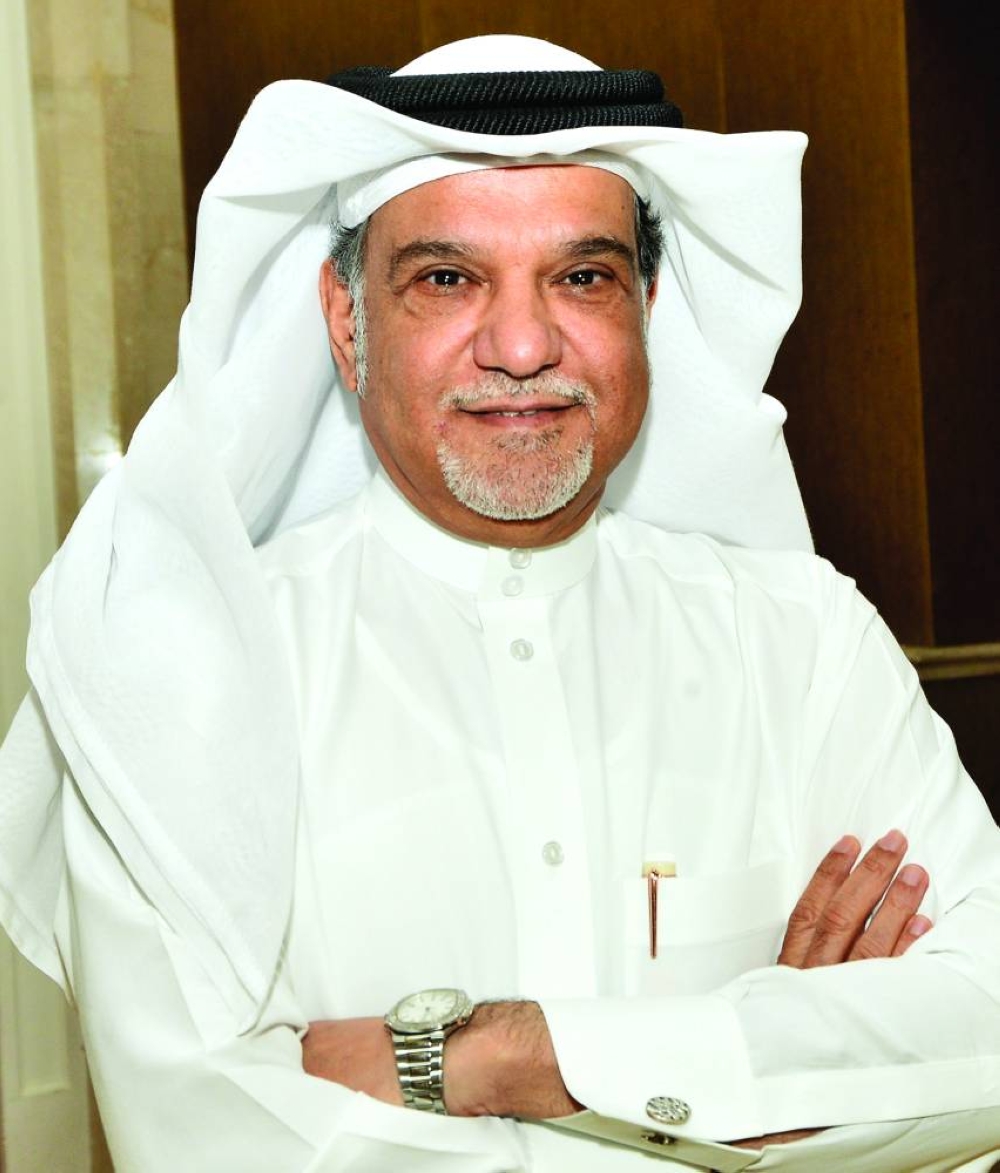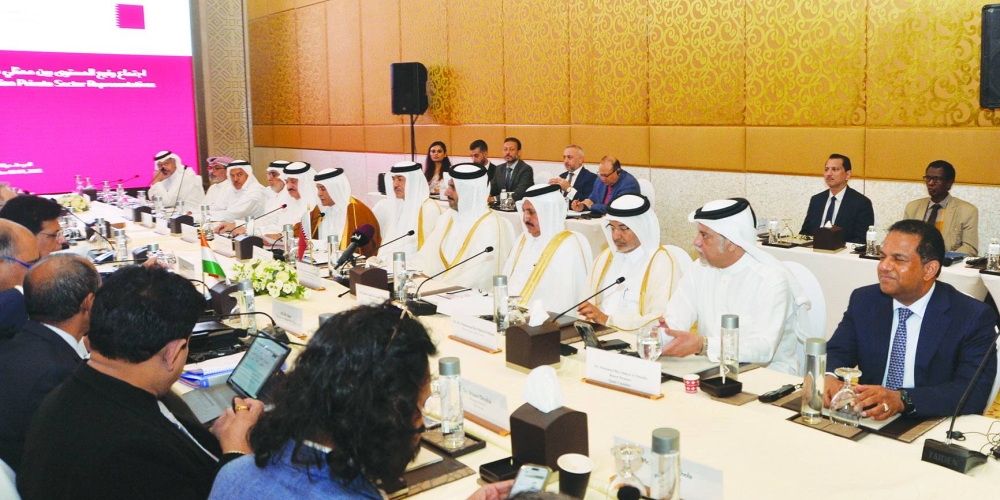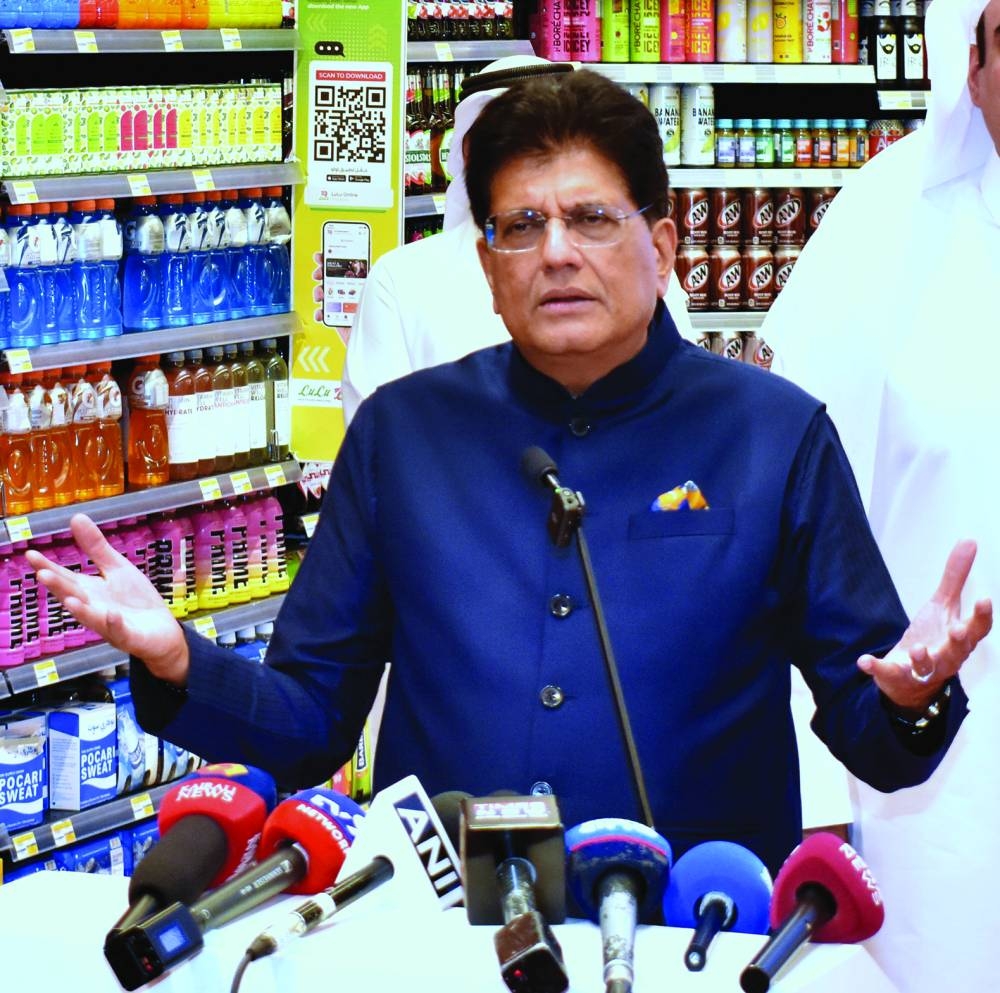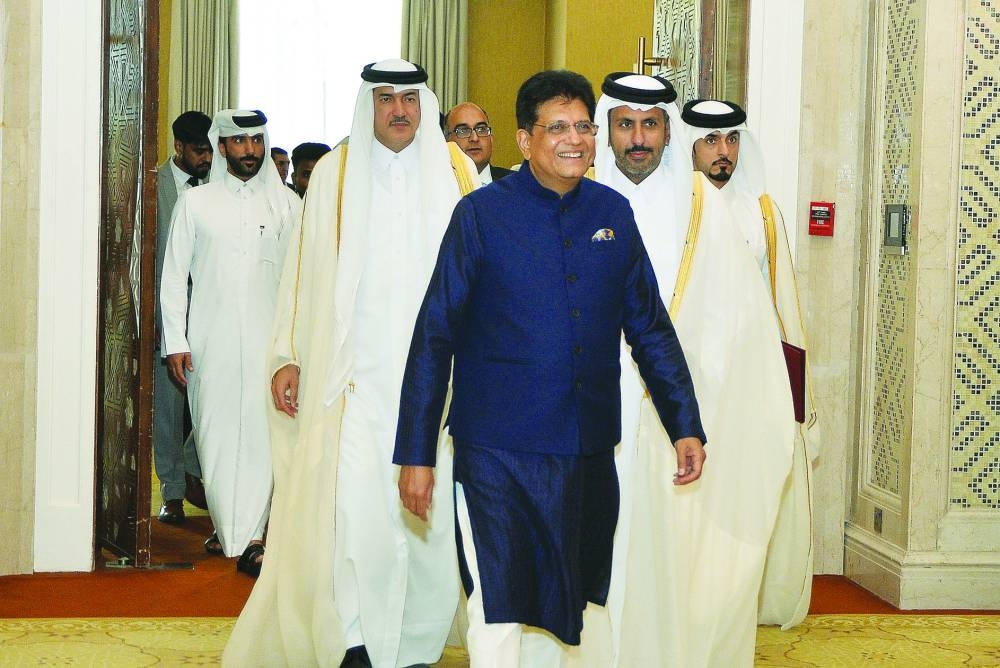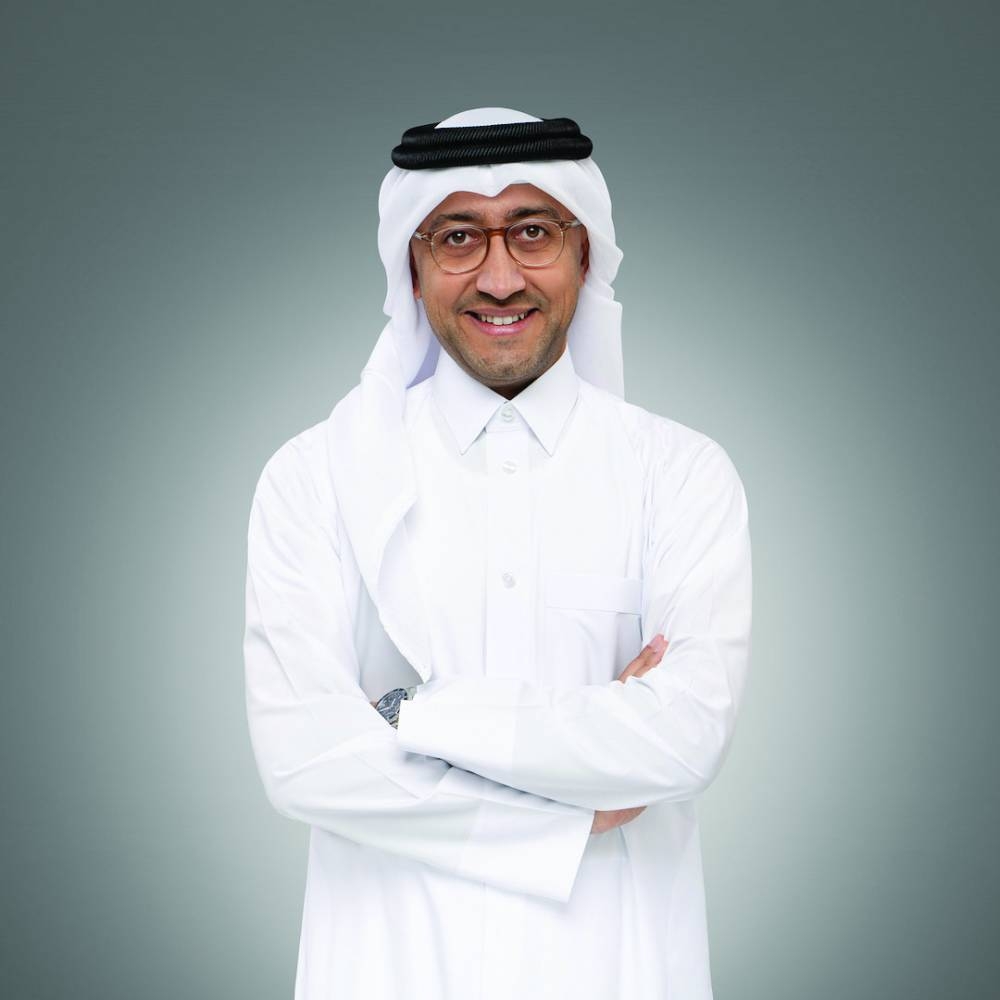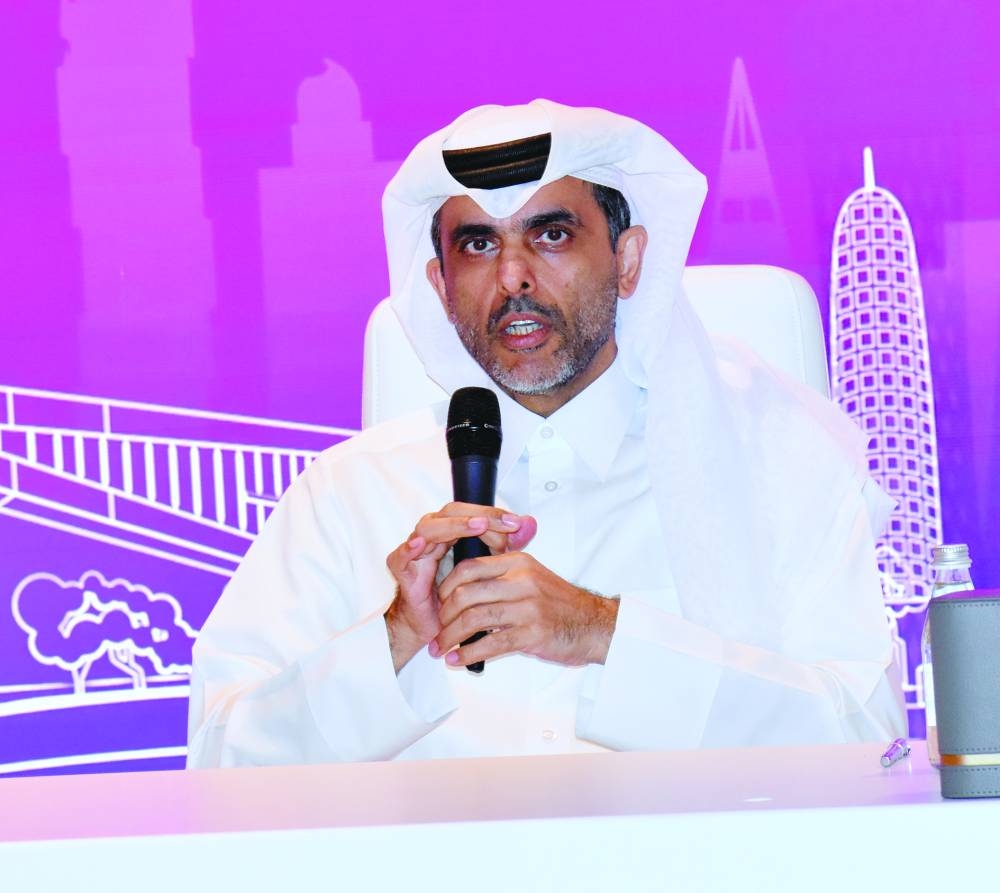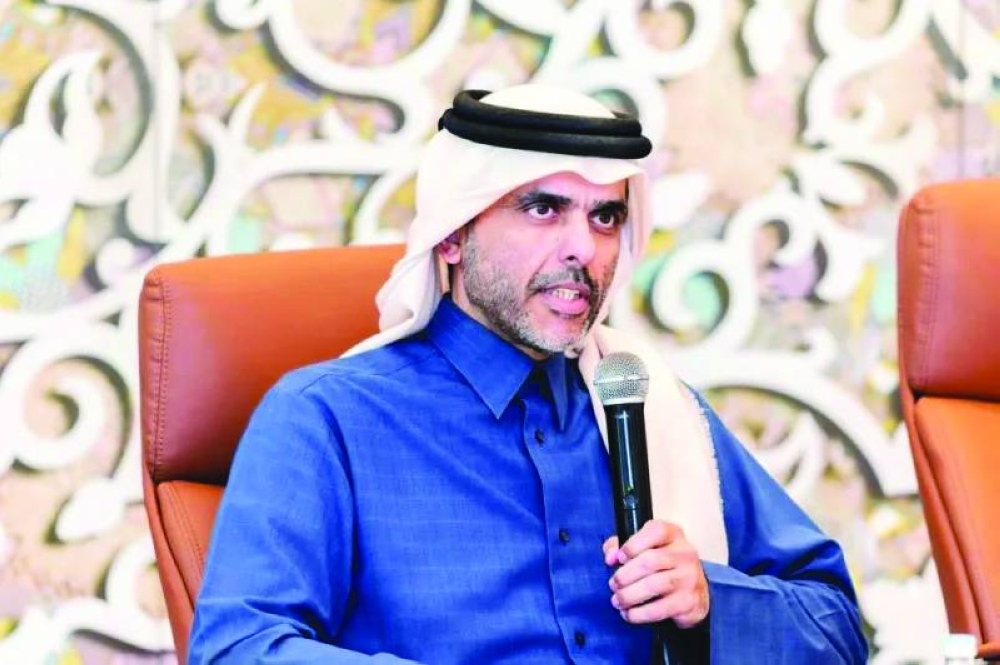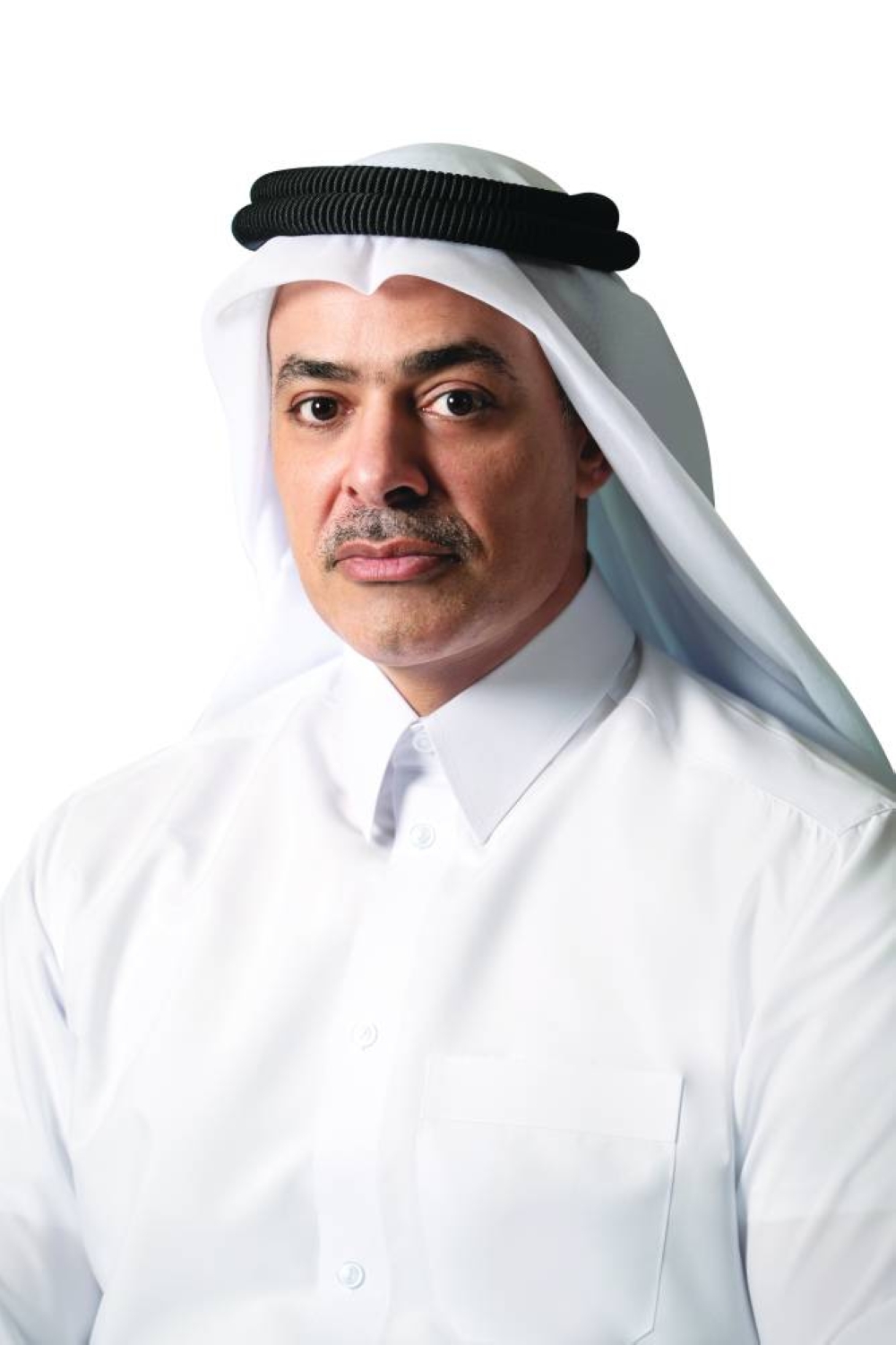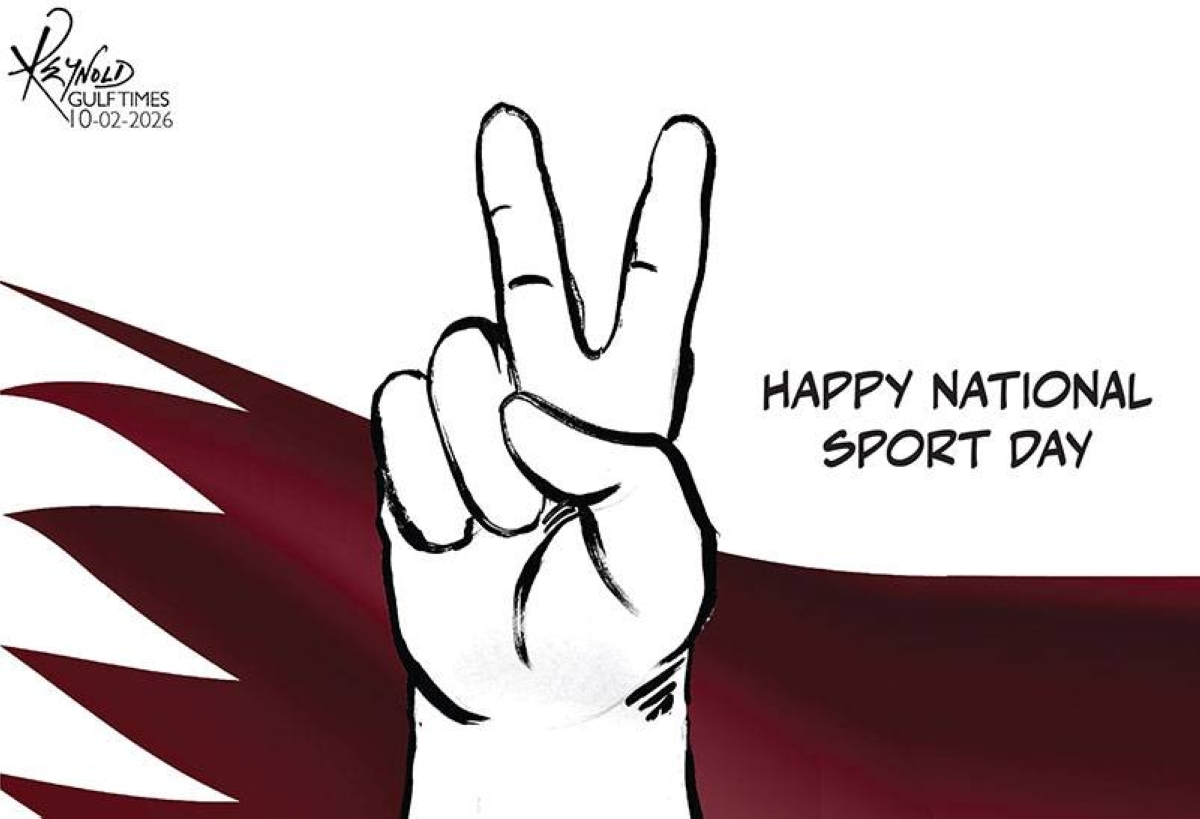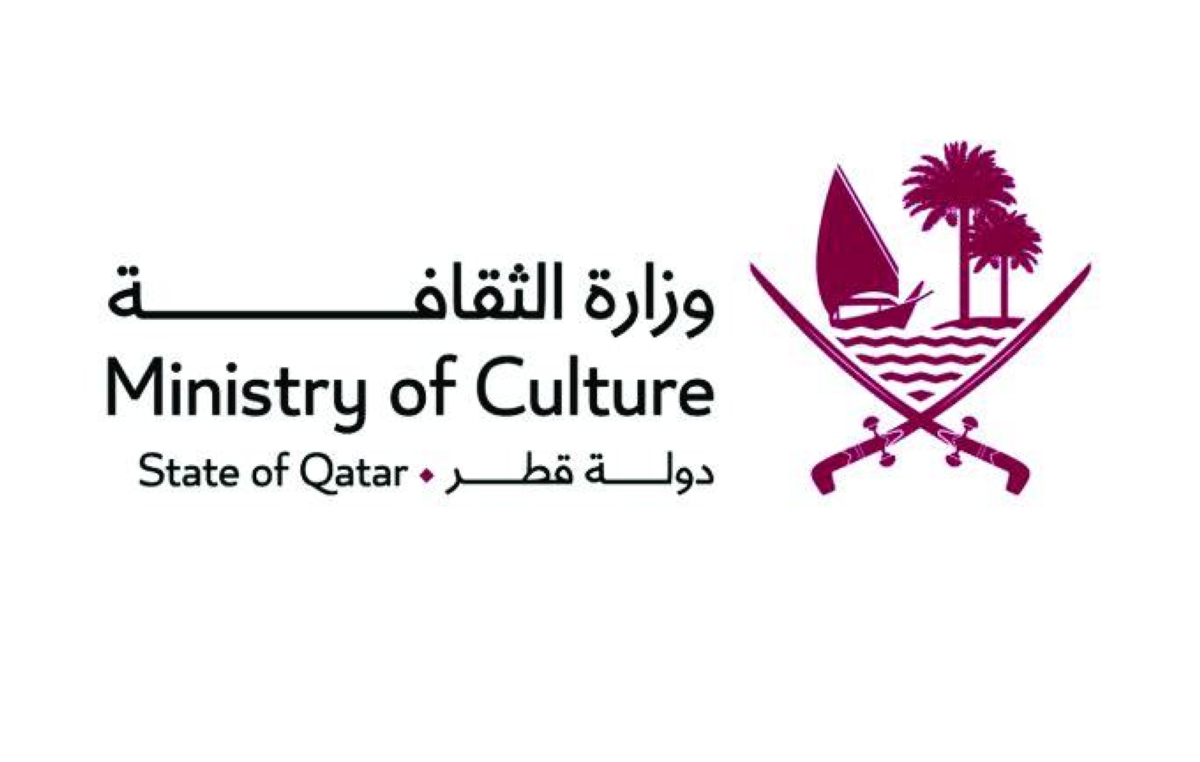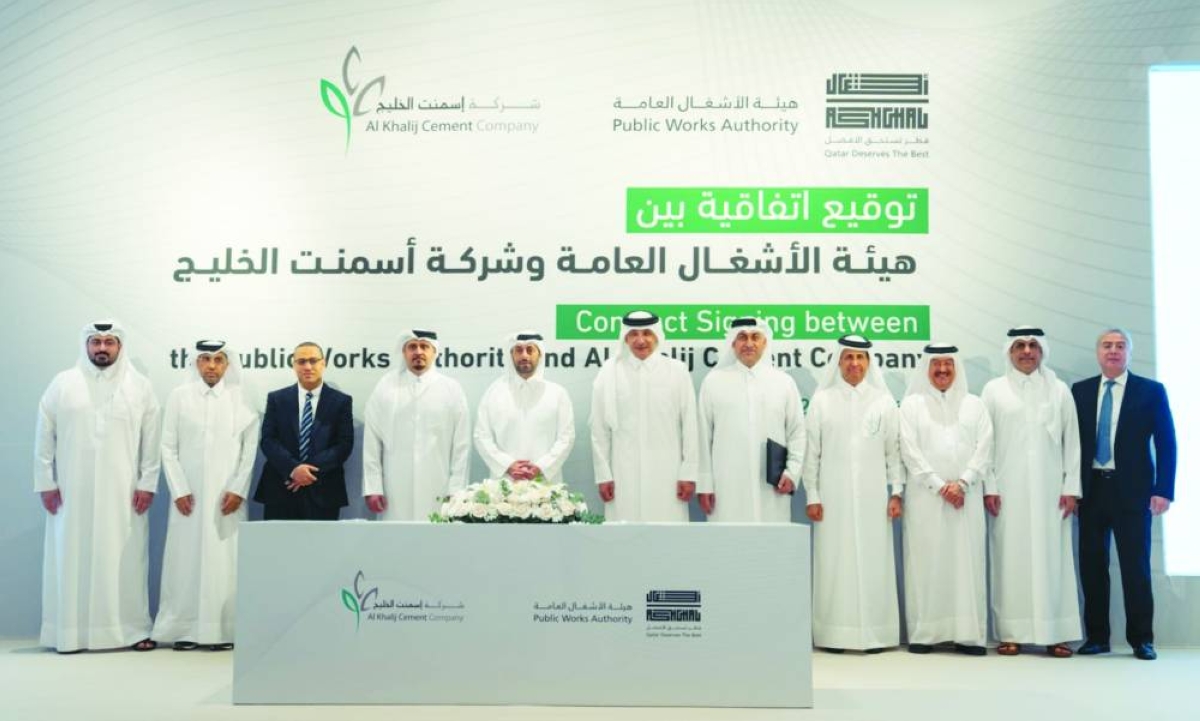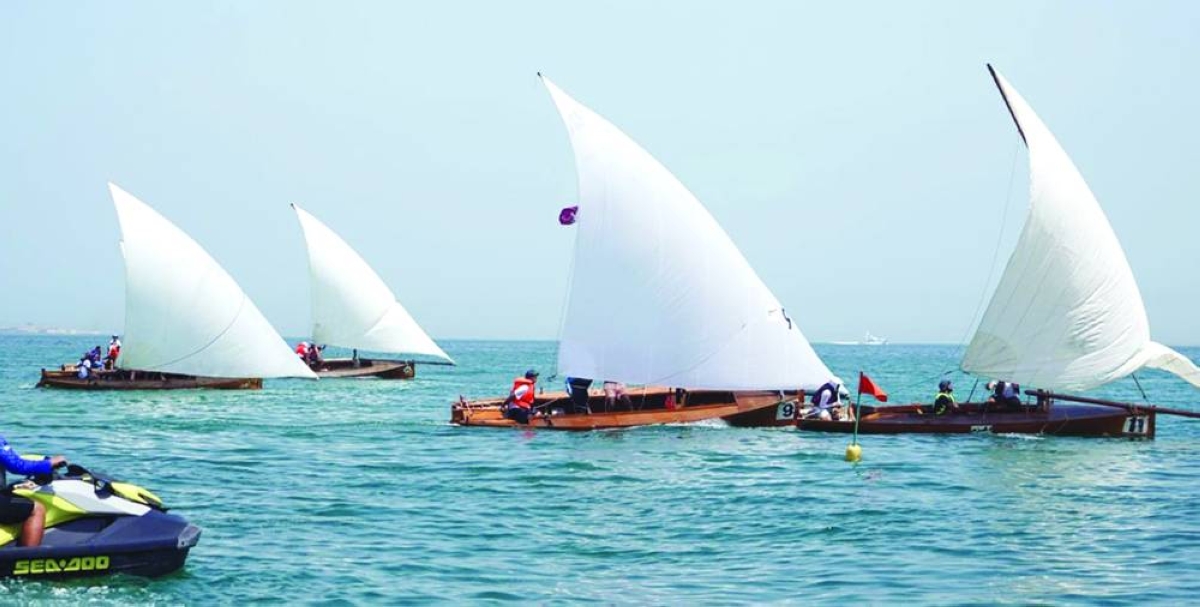Uganda is inviting Qatari investors to explore opportunities in four strategic sectors: agriculture, tourism, mining, and innovation, according to ambassador Stephen Chebrot, who addressed the second edition of the Uganda-Qatar Business Forum held today in Doha.Chebrot emphasised that the forum reflects Uganda-Qatar partnership for shared economic development: “This theme captures our common aspiration to create a future of mutual prosperity, beautiful investment, innovation, and shared opportunity. We understand that we are one of Uganda’s most promising frontiers for investment, along with fertile land, abundant natural resources, a young and dynamic population, and a stable investment environment.”“Qatar, on the other hand, is a global leader in capital investment, innovation, and sustainable economic transformation. Together, our partnership holds immense potential to create lasting value for both countries. This forum seeks to promote collaboration across our four great populous, agricultural value chain, tourism promotion, mining, science and technology, and innovation, all as well as other TMS sectors,” the ambassador also emphasised in his opening speech.Chebrot outlined Uganda’s investment landscape, citing fertile land, abundant resources, and a young population as key advantages.“Uganda is inviting Qatari investors to participate across the value chain—from livestock farming, agro-processing, oil storage, and medicine, to exporting high-value products such as citrus, coffee, vanilla, avocado, grapes, and tea,” said Chebrot, who also highlighted Uganda’s role as a regional trade hub, saying the country offers access to regional markets of over “300mn” people through the East Africa community.Mohamed Massani, co-founder and chairman of KON Group, reinforced the ambassador’s message, citing the company’s recent $10mn investment in animal waste recycling in Uganda. “These initiatives demonstrated how innovation can transform sustainability into empowerment,” Massani said.According to Masssani, Uganda’s exports to Qatar rose from “$5.7mn in 2021 to $13.4mn," a “135%” increase in just two years. “These numbers reflect more than trade. They reflect trust, commitment, and opportunity in action,” he pointed out.Speaking to Gulf Times on the sidelines of the forum, Massani announced plans to open a facilitation office for food product exports between Uganda and Qatar. Tourism was also a key focus, KON Group co-founder and chairperson Hissa al-Sowaidi bared to this paper, underscoring the forum’s goal of boosting two-way travel and cultural exchange. “We are directly arranging a familiarisation trip to boost the tourism side,” she said.Massani added: “Let’s remember partnership is not just a transaction but a commitment...it’s a bridge between innovation and impact.” On a similar note, Chebrot affirmed his confidence that Uganda-Qatar partnerships “will mark the beginning of new ventures, friendships, and investments.”

Peter Alagos
Peter Alagos reports on Business and general news for Gulf Times. He is a Kapampangan journalist with a writing career of almost 30 years. His photographs have been published in several books, including a book on the 1991 Mt. Pinatubo eruption launched by former Philippine president Fidel V. Ramos. Peter has also taught journalism in two universities.
Most Read Stories

